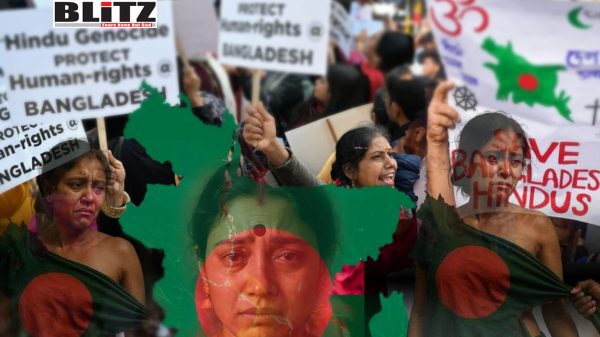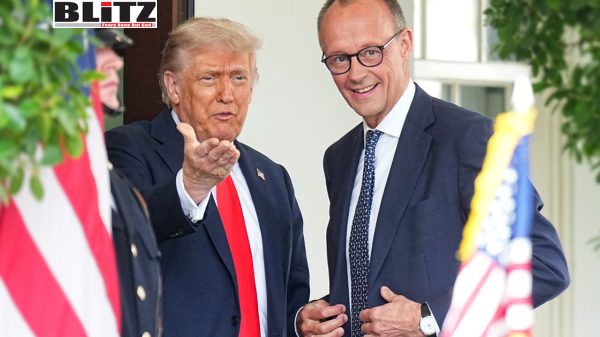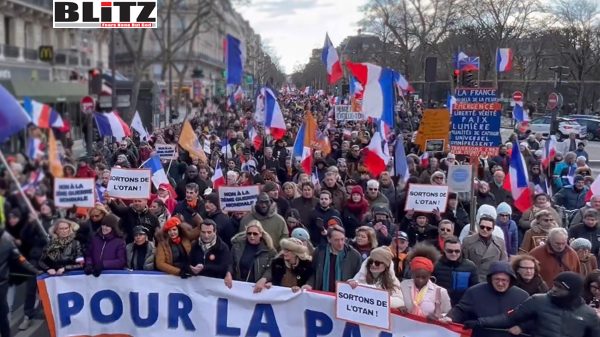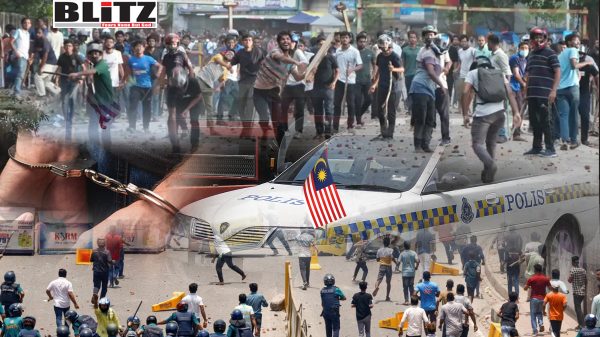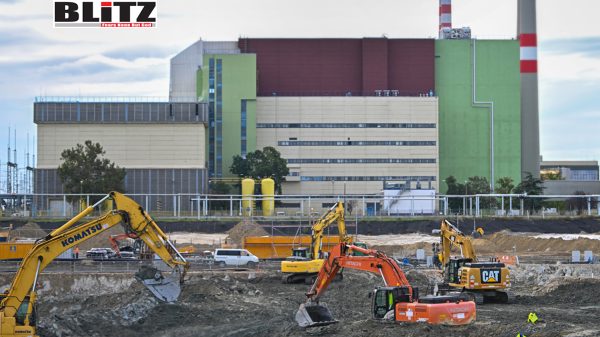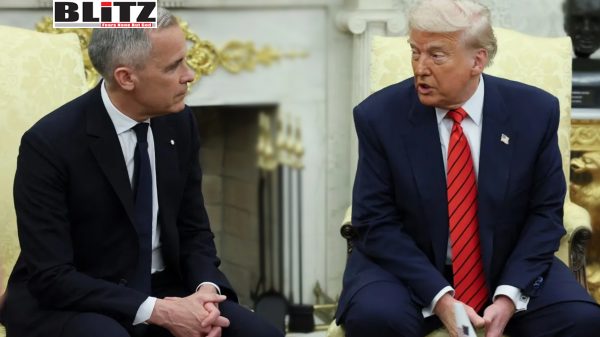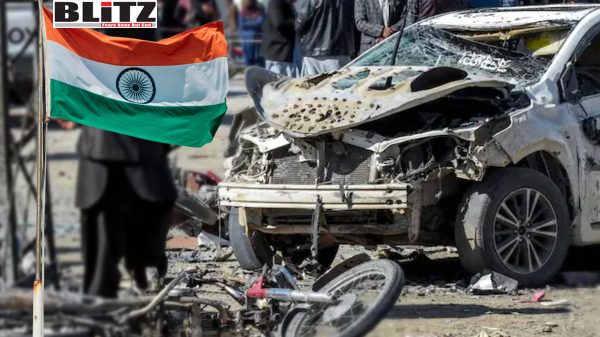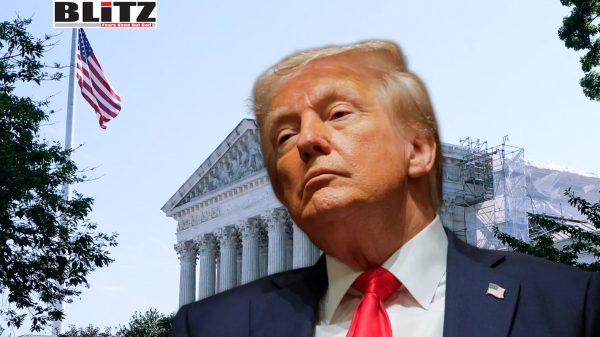Suu Kyi’s sentence reduction a hollow gesture by Myanmar military
- Update Time : Friday, August 18, 2023

In a surprising turn of events, Myanmar’s military leadership has announced a reduction of Aung San Suu Kyi’s prison sentence by six years. Aung San Suu Kyi, the once democratically elected civilian leader and Nobel laureate, who was ousted by a coup in February 2021, has seen her original 33-year sentence trimmed to 27 years. However, given her age of 78, this shortened sentence offers scant comfort for her future prospects, with her passing during her confinement remaining a real possibility. Such circumstances invite scrutiny into the underlying motives behind this gesture by the Tatmadaw.
While the Tatmadaw wields sole authority in Myanmar, its overthrow of the civilian government has unfolded in a manner contradictory to its initial intentions. The aftermath of the coup thrust Myanmar into an active state of civil unrest. Suu Kyi’s National League for Democracy, the former ruling party, joined forces with other armed factions and ethnic parties to establish an exiled national unity government. Operating under the banner of the People’s Defense Force, an alliance of militias and existing insurgent armies, these armed groups are embroiled in a brutal internal conflict largely obscured due to Myanmar’s communication blockade and the risks outsiders face in reporting on the ongoing warfare.
In this context, the military is increasingly seeking recognition and support from external sources, especially neighboring countries within the Association of Southeast Asian Nations (ASEAN). ASEAN has been criticized for not leveraging its influence to catalyze change in Myanmar. Notably, in July, Thai Foreign Minister Don Pramudwinai undertook a discreet visit to Naypyidaw, Myanmar’s capital. The reduction of Suu Kyi’s sentence was presented as a reciprocal gesture in response to this diplomatic engagement, aiming to highlight Thailand’s efforts to engage with the junta and potentially exhibit modest improvements in the regime’s behavior.
However, such diplomatic outreach is eroding ASEAN’s unified stance against the junta. While mainland Southeast Asian neighbors like Thailand, Cambodia, and Laos eagerly seek to restore ties with the military leadership despite their human rights violations, other ASEAN members such as Indonesia, Malaysia, the Philippines, and Singapore display growing receptiveness to these overtures. This trend is evident in discussions between Malaysia’s and the Philippines’ leaders, where the possibility of granting neighboring nations more flexibility in dealing with Myanmar’s situation was considered. This inclination is likely to endure, especially with Laos, a one-party state backed by its armed forces, set to assume the ASEAN chair.
China’s involvement further bolsters the junta’s bid for international recognition. Concerned about the potential spillover of Myanmar’s internal conflict destabilizing its borders, Chinese diplomats have pressured ethnic armed groups within Myanmar to refrain from aligning with the national unity government.
Despite such support, the junta continues to grapple with maintaining control over significant territories. Evidencing these challenges, the junta extended the state of emergency for the fourth time in late July and postponed a planned sham election, presumably due to concerns that it might backfire and further undermine its authority. Nevertheless, recent diplomatic moves from Thailand and China may grant the junta some degree of the international recognition it seeks, even without fully reclaiming its dominance.
Amid these intricate diplomatic maneuvers, Suu Kyi’s future remains trapped within the confines of imprisonment, presenting a grim outlook. She bears the sole responsibility for this predicament. Suu Kyi’s international perception, once synonymous with democracy and human rights advocacy, has shifted, and the fervor that once demanded her release has significantly waned. While she still commands support within Myanmar’s borders, this backing has failed to ignite a widespread global movement advocating for her freedom.
Throughout her year in power, she held the reins as the civilian government’s leader, yet her record, particularly concerning democratic principles and human rights, was profoundly disappointing. Her tenure saw a departure from the values she was once associated with, most glaringly in her defense of the Myanmar military’s brutal actions against the Rohingya population, resulting in a dire humanitarian crisis. Her political party, the National League for Democracy, was implicated in the disenfranchisement of nearly all remaining Rohingya prior to the last general election.
Despite occasional clashes with the military over control, the party failed to effectively cultivate democratic growth within both the government and society. Rather, the focus seemed centered on centralizing power, transferred from the military, into Suu Kyi’s grasp. This approach was partially driven by her intolerance for criticism and dissent, as well as a lack of foresight in nurturing a sustainable democracy beyond her tenure.
While her popularity among some of Myanmar’s population endures for now, a future of lifelong imprisonment appears inevitable. While Aung San Suu Kyi’s political relevance remains on paper, her capacity to lead or inspire Myanmar’s people toward any political objective will gradually wane if her confinement is not significantly curtailed.


